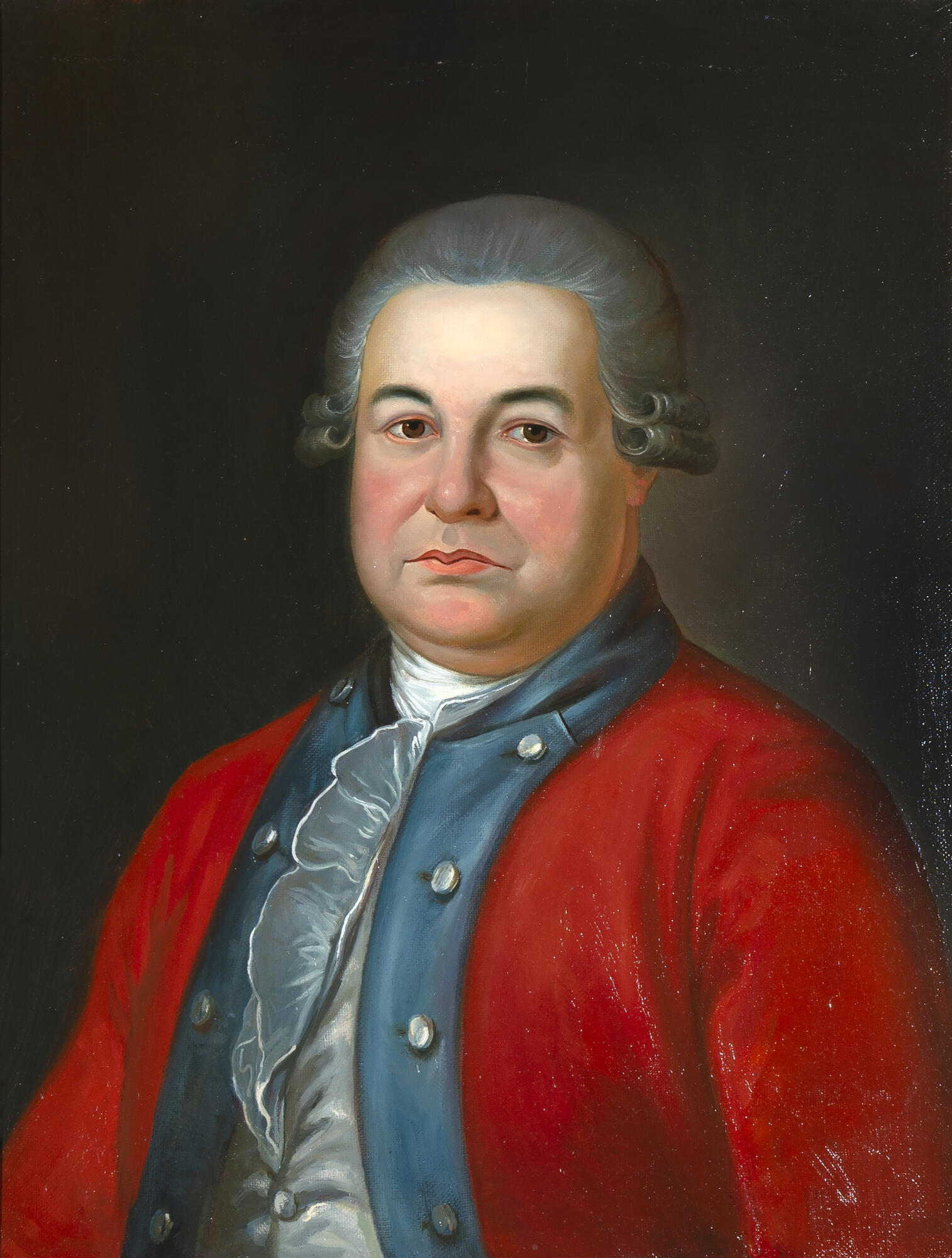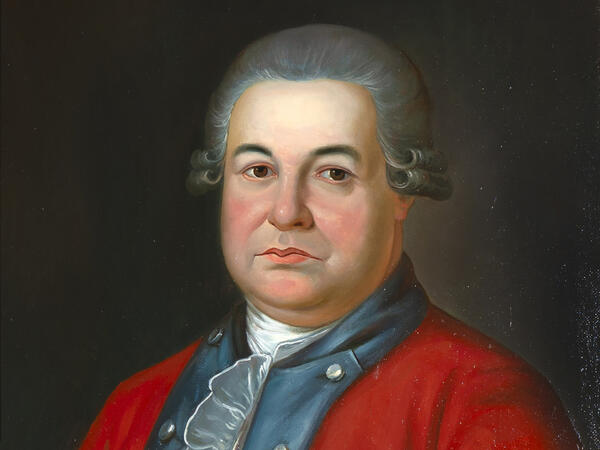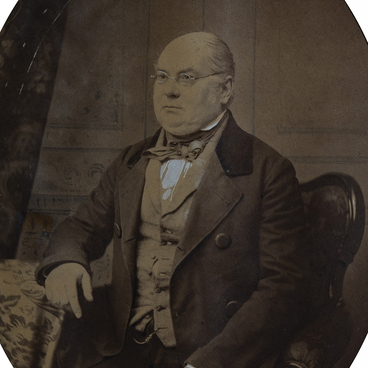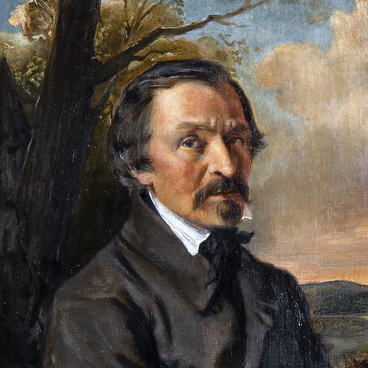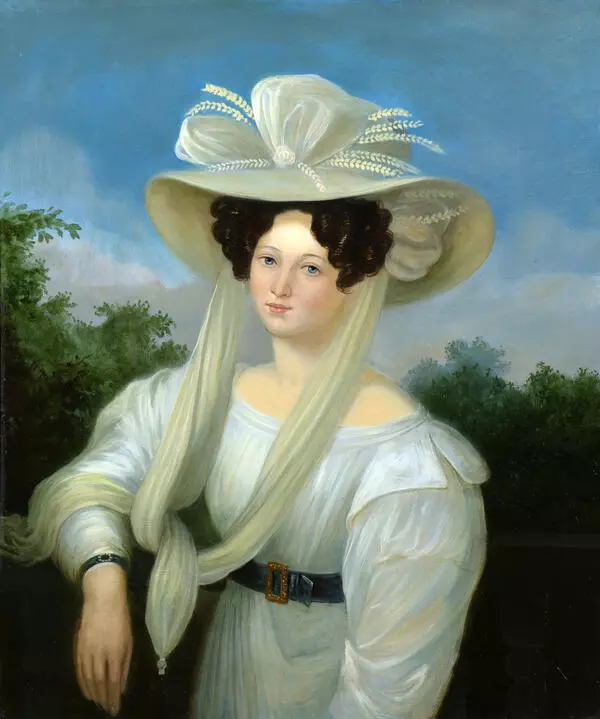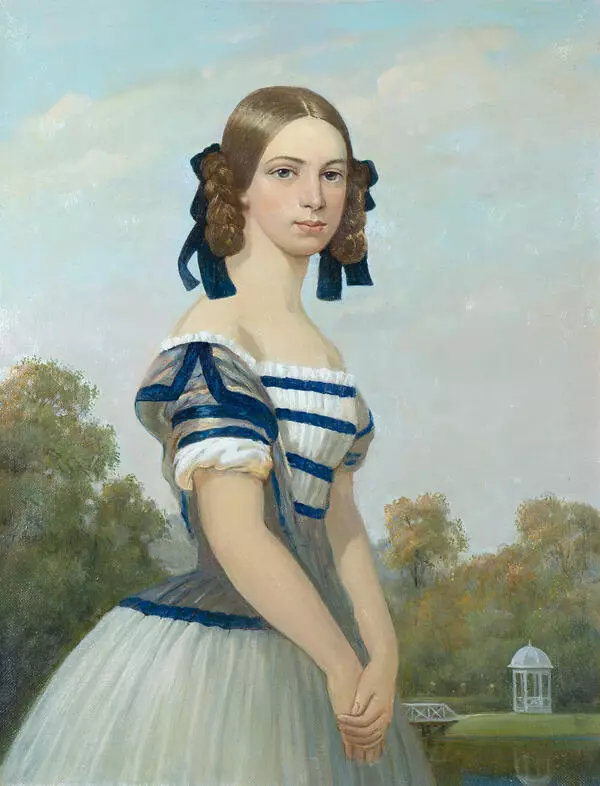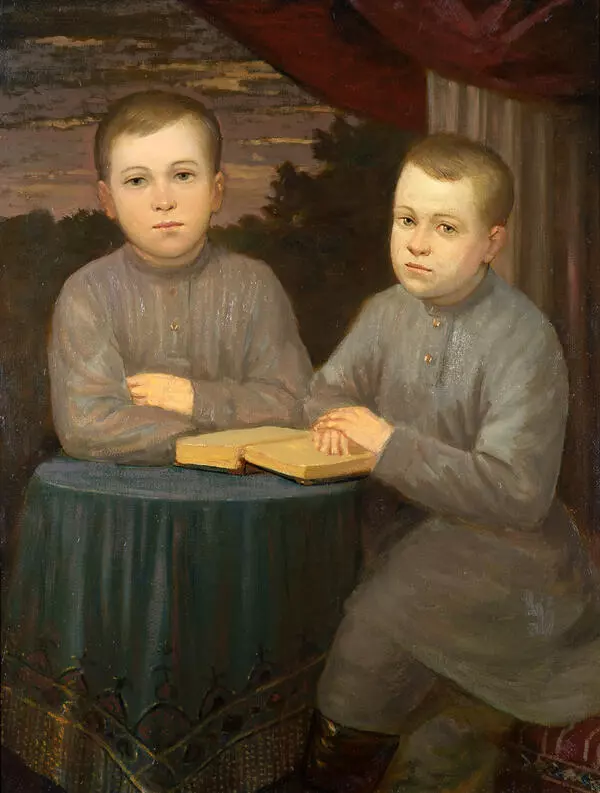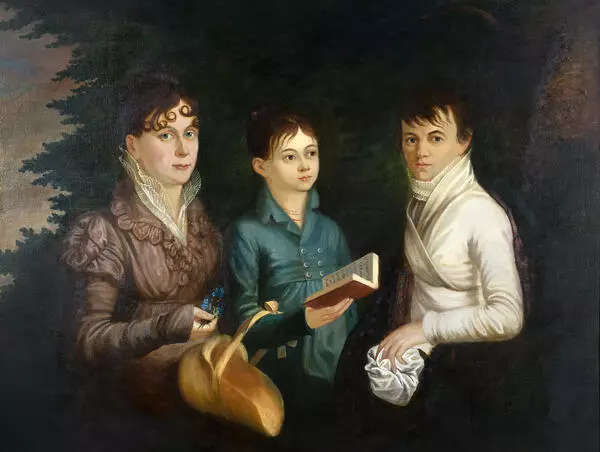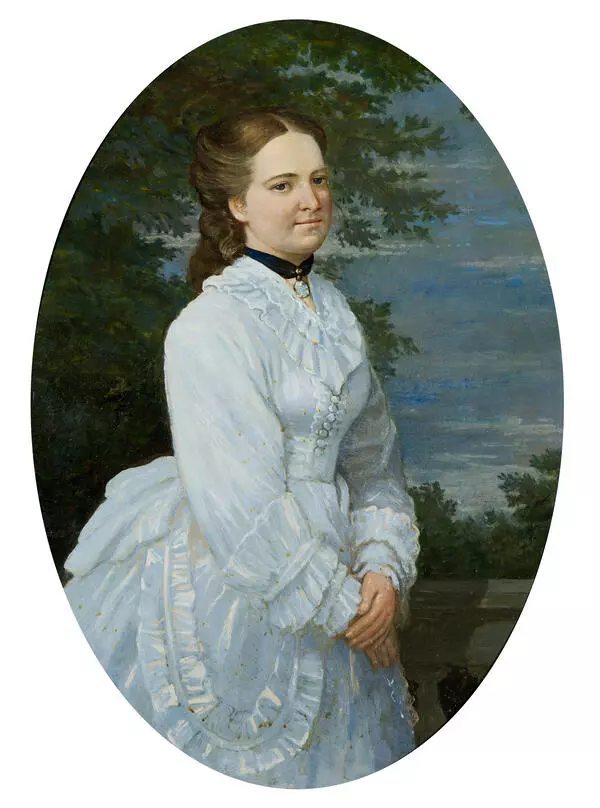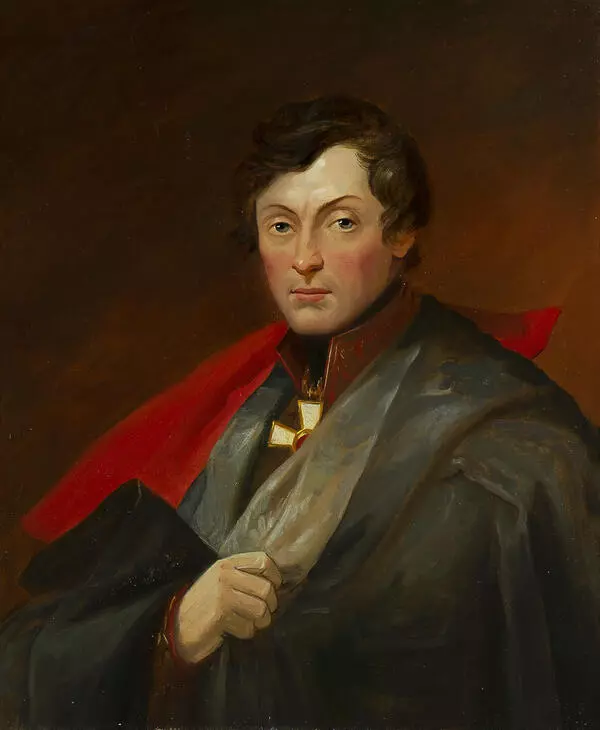The poet’s grandfather Nikolai Tyutchev was born in the village of Znamenskoye of the Yaroslavl governorate. In 1762, he married Pelageya Panyutina. Tyutchev was not wealthy — he owned only 160 serf peasants in six villages of the Yaroslavl and Tula governorates. Panyutina had a small estate in the village of Ovstug and twenty serfs. The young couple people settled there after the wedding.
They were shrewd owners and in 30 years increased their income and family fortune almost tenfold. In the first years of their life together, they owned two hundred serfs in total, and by the early 1790s they had about three thousand peasant serfs and a number of villages in the Oryol, Moscow, Ryazan, Smolensk and Yaroslavl governorates.
Thirty-five years of marriage for the Tyutchevs turned out to be the years of prosperity, peace and harmony in the family. Nicholai and Pelageya had three sons and four daughters. The will of Pelageya Tyutcheva, signed on December 17, 1797, has survived to the present day.
The first person mentioned by Pelageya Tyutcheva in her will was her daughter Nadezhda (her married name was Sheremeteva). She inherited several villages in the Smolensk governorate. Nadezhda also got 355 male serfs, household linen, clothes, diamonds and gold which cost respectively 7,600 rubles and 5,700 rubles. The next daughter Anastasia Nadorzhinskaya, who was already married, was bequeathed the village of Kuzmodemyanovo. The third daughter, Varvara, who married the nobleman Alexander Bezobrazov, inherited an estate in the village of Vetlitsa. Later, her mother additionally gave her an estate in the village of Tvorishichi. The fourth daughter, Princess Avdotya Meshcherskaya, inherited the village of Zheltonogovichi in the Bryansk district.
Pelageya Tyutcheva left 10 villages in the Smolensk governorate to her son Nikolai. The second son Ivan, the poet’s father, cornet of the Horse Guards received most of the fortune ‘in the village of Ovstug, the villages of Dubroslavichi, Khorobrovichi, Demyanichi, Molotino, Dorogin, Negotino…’ Only two villages in the Karachevsky district were bequeathed to her unloved son Dmitry.
Ivan Tyutchev inherited the family estate in Ovstug, where the museum is located today. When his father was still the owner, a large manor house was built here and there was a regular park with ponds. Nikolai Tyutchev erected a stone church of the Assumption in the village. Later, he made rich contributions to the church and did not spare funds for its decoration.
They were shrewd owners and in 30 years increased their income and family fortune almost tenfold. In the first years of their life together, they owned two hundred serfs in total, and by the early 1790s they had about three thousand peasant serfs and a number of villages in the Oryol, Moscow, Ryazan, Smolensk and Yaroslavl governorates.
Thirty-five years of marriage for the Tyutchevs turned out to be the years of prosperity, peace and harmony in the family. Nicholai and Pelageya had three sons and four daughters. The will of Pelageya Tyutcheva, signed on December 17, 1797, has survived to the present day.
The first person mentioned by Pelageya Tyutcheva in her will was her daughter Nadezhda (her married name was Sheremeteva). She inherited several villages in the Smolensk governorate. Nadezhda also got 355 male serfs, household linen, clothes, diamonds and gold which cost respectively 7,600 rubles and 5,700 rubles. The next daughter Anastasia Nadorzhinskaya, who was already married, was bequeathed the village of Kuzmodemyanovo. The third daughter, Varvara, who married the nobleman Alexander Bezobrazov, inherited an estate in the village of Vetlitsa. Later, her mother additionally gave her an estate in the village of Tvorishichi. The fourth daughter, Princess Avdotya Meshcherskaya, inherited the village of Zheltonogovichi in the Bryansk district.
Pelageya Tyutcheva left 10 villages in the Smolensk governorate to her son Nikolai. The second son Ivan, the poet’s father, cornet of the Horse Guards received most of the fortune ‘in the village of Ovstug, the villages of Dubroslavichi, Khorobrovichi, Demyanichi, Molotino, Dorogin, Negotino…’ Only two villages in the Karachevsky district were bequeathed to her unloved son Dmitry.
Ivan Tyutchev inherited the family estate in Ovstug, where the museum is located today. When his father was still the owner, a large manor house was built here and there was a regular park with ponds. Nikolai Tyutchev erected a stone church of the Assumption in the village. Later, he made rich contributions to the church and did not spare funds for its decoration.
